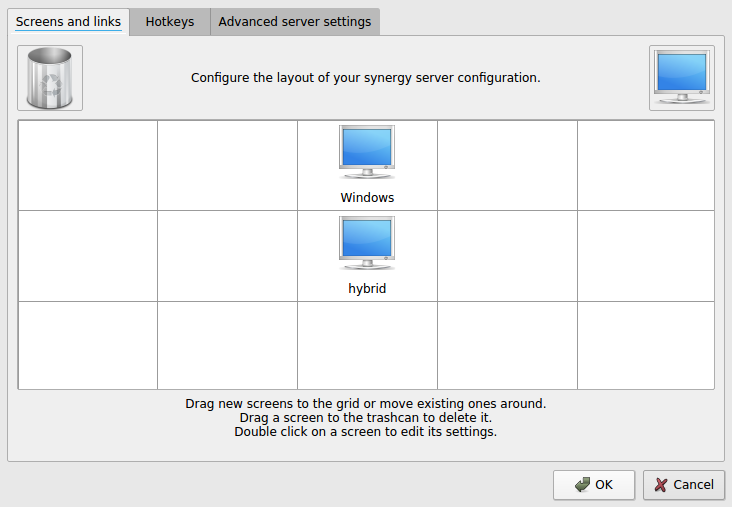

This needs attention if you want to use a virtual machine definition from an older version. Ubuntu 20.04 ships with QEMU version 4.2. We have to find a different way instead of using initramfs-tools/modules config files, as I recommended in e.g.

#Hugepages qemu vga passthrough driver#
Starting with kernel version 5.4, the “vfio-pci” driver is no longer a kernel module, but build-in into the kernel. Breaking changes for older passthrough setups in Ubuntu 20.04 Kernel version If you wish to proceed with Pop!_OS as host system you can do so, just look out for my colorful Pop!_OS labels. However, this guide should be also applicable to Pop!_OS 19.04 and newer. This guide targets Ubuntu 20.04 and is based on my former guides for Ubuntu 18.04 and 16.04 host systems. The variable topics itself are linked in articles – I hope this makes sense. In order to sustain readability of this post, and because I aim to use the virtual machine for gaming only, I minimized the variable parts for latency optimization. It consists of fixed base settings, some variable settings and several optional (mostly performance) settings. Unfortunately, the setup process can be pretty complex. Gaming is the main use-case of the guest system. The final system will run Xubuntu 20.04 as host operating system(OS), and Windas guest OS.

I try limit changes of the host operating system to a minimum, but provide enough details, that even Linux rookies are able to participate. The direct way to a PCI passthrough virtual machines on Ubuntu 20.04 LTS. Virtual machines with PCI passthrough on Ubuntu 20.04, straightforward guide for gaming on a virtual machine Preamble


 0 kommentar(er)
0 kommentar(er)
